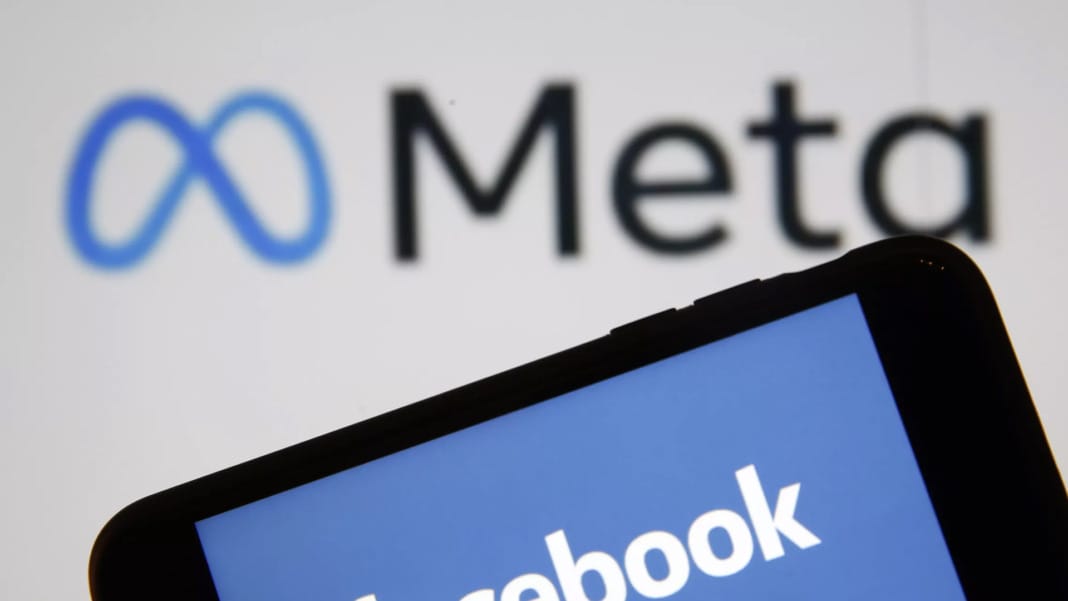Meta has recently unveiled two groundbreaking AI projects to revolutionise how Facebook and Instagram users generate videos and images. From Meta’s “Emu” AI research, these projects aim to transform text prompts into customised visual content, offering many practical applications.
Emu Video: Transforming text into video
The first project, “Emu Video,” uses Meta’s Emu image generation model to create short video clips from text prompts. This innovative model can process text-only, image-only, or a combination of both to produce high-quality videos.
Meta’s approach divides the process into two stages: initially generating images from text prompts and then creating videos from these images and the original text. This two-step method enhances the efficiency of training video generation models. Emu Video can generate 512×512 resolution videos, four seconds long, at 16 frames per second. These videos have received favourable feedback, with a significant preference over Meta’s previous generative video projects.
Emu Edit: Precision editing with text
Meta’s second initiative, “Emu Edit,” allows users to make precise edits within images through textual instructions. This model can identify and alter specific elements within an image based on the user’s text commands without manual selection. This feature simplifies the editing process, enabling more personalised and targeted alterations.
2️⃣ Emu Edit
— AI at Meta (@AIatMeta) November 16, 2023
This new model is capable of free-form editing through text instructions. Emu Edit precisely follows instructions and ensures only specified elements of the input image are edited while leaving areas unrelated to instruction untouched. This enables more powerful… pic.twitter.com/ECWF7qfWYY
Both Emu Video and Emu Edit showcase the potential of generative AI in creative fields, providing new avenues for content creation for individuals and brands. While the release dates for these tools are not yet confirmed, their introduction to Meta’s platforms seems imminent, promising innovative opportunities for digital creativity.
Additionally, Meta is implementing measures to label AI-generated content, including digital watermarks, to maintain transparency in using these tools.
Meta’s ongoing research and development in AI signify a significant step forward in digital content creation, potentially transforming how we interact with and produce visual media.





